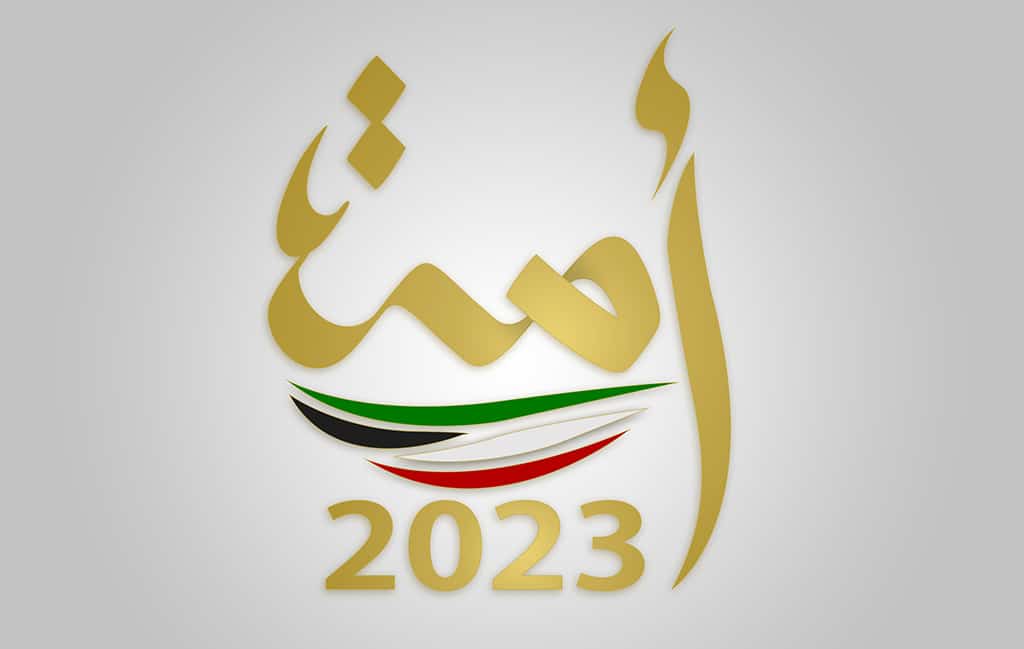By B Izzak & Agencies
KUWAIT: As Kuwait prepares for its third parliamentary elections in less than 30 months as a result of a high level of political divisions, campaigns enter into election silence on Monday, a day before the crucial June 6 snap polls. Under regulations by the information ministry, interviews, statements or campaigns by candidates are totally banned until ballots close late in the evening on Tuesday and counting of votes starts.
The public prosecution has been extremely busy in the past few days after the interior ministry busted several vote-buying networks including brokers, candidates and voters who agreed to receive a sum of money to vote for a certain candidate. In a series of decisions, the public prosecution has ordered the arrest of a former MP who is contesting the election in the second constituency after a female citizen was caught trying to buy votes in his favor. The prosecution also ordered the arrest of four more candidates, including two former MPs, on suspicion of buying votes.
The candidates are running for seats in the first, second and fourth constituencies. In a third decision, the public prosecution ordered the detention of a candidate and five voters and ordered the arrest of a number of former MPs and dozens of voters on charges of buying votes. Earlier, the prosecution freed on KD 1,000 bail two candidates, including a former MP, running in the fifth constituency, in addition to four voters, but detained a Pakistani for 21 days for vote-buying activities.
The prosecution had in the past few days made similar decisions regarding other candidates accused of being involved in vote buying. Meanwhile, the nationality department at the interior ministry said on Sunday that producing the original citizenship ID is essential to be able to vote. It said it will remain open on election day to issue new citizenship IDs to voters who have lost their IDs. Campaigning continued to focus on a lack of political stability in the country as voters head to express their second franchise in just eight months.
Fearing that widespread skepticism will discourage many people from voting, the authorities have festooned the capital with posters in an attempt to encourage a better turnout. “We have to wake up and face up to this great frustration,” activist and university professor Sheikha Al-Jassem told AFP of the political crisis. In Tuesday’s vote, 207 candidates, including 13 women, are standing, the lowest number of candidates in a legislative election since 1996. Jassem has herself stood for election in the past, but will no longer do so under a current stalemate she attributes to the lack of voter lists and political parties being banned.
“Political life needs to be better organized,” she said. “Everyone acts too individually. Our commitment is superficial and our democracy incomplete.” Kuwaiti analyst Ayed Al-Manaa told AFP the people have a “lack of confidence” in the political class. “Kuwaitis are tired” by the situation, he said, adding that he feared the latest election would again result in a scenario in which the government resigns and parliament is dissolved.







